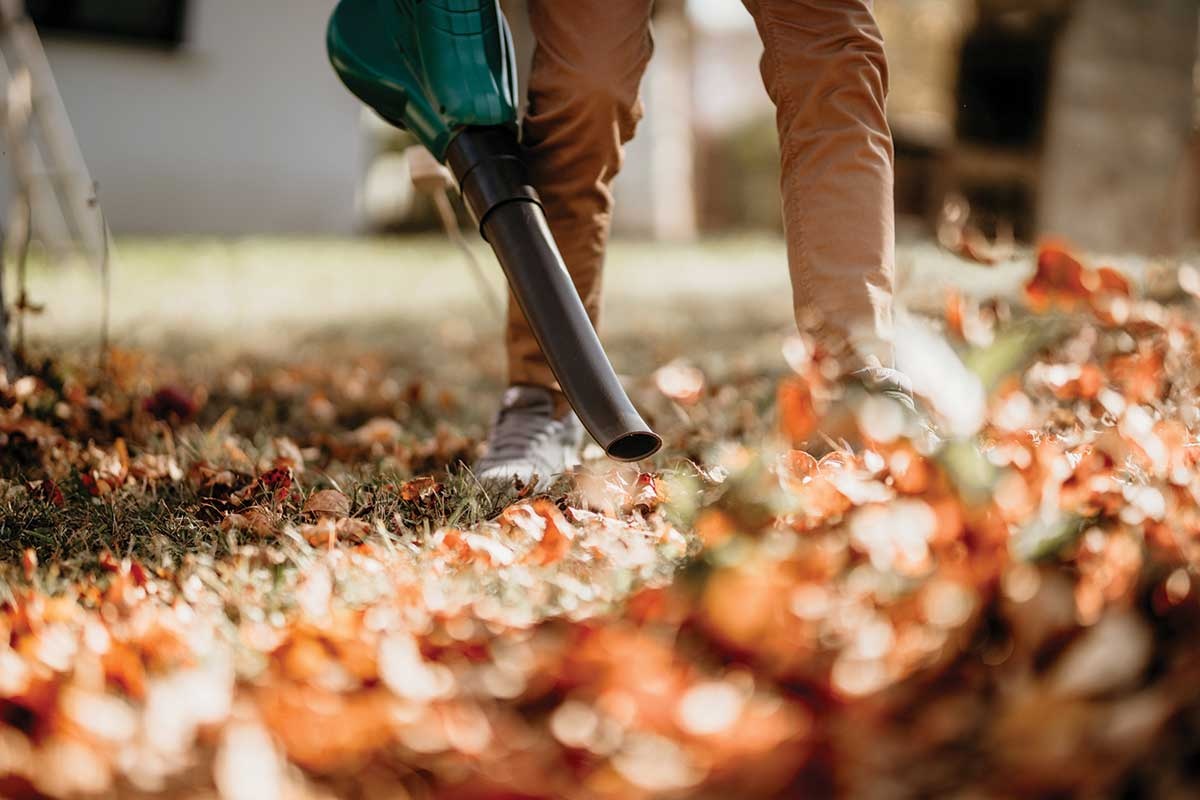The blistering summer heat isn’t far behind us, but it won’t be long until heating season arrives and the house is full of family for the holidays.
Head off any potential problems now by scheduling maintenance and safety checks for your home’s heating and electrical devices now. Here’s where to start:
Furnace. Before you turn on the heat, make sure your furnace is in good working condition. A qualified technician should do a biannual check of your system—once in the fall for heating and again in the spring for air conditioning. The tech can spot small problems before they become major repairs.
Thermostats. If your home doesn’t have a programmable thermostat, you could be paying more to heat and cool your home than you need to. Programmable thermostats automatically turn the heat up or down, depending on whether you’re sleeping or away for a few hours.
Ground-fault circuit interrupters. A licensed electrician can install GFCI outlets in your bathroom, kitchen and laundry room; around hot tubs and pools; and under windows—all areas that have the potential to get wet. A GFCI will shut off the electricity to an appliance that short circuits and circuits that are overcharged—a safety must.
Smoke alarms and carbon monoxide detectors. If you don’t have them near all bedrooms in your home, it’s time to install them. Then check them twice a year to make sure they’re still working and that they have fresh batteries.
Overloaded outlets. You can overload an electrical circuit by connecting an appliance that draws a lot of electricity—like a range, dishwasher, refrigerator or even some entertainment systems and exercise equipment—to a circuit that is designed for a smaller load. You can also overload a circuit by using a power strip to plug too many appliances into a single outlet. Ask a licensed electrician to inspect your home for potential circuit overloads, which can cause fires.
Extension cords. Extension cords can become frayed and damaged with use over time. If you’re planning on using them to provide power to holiday decorations, give them a safety check and be sure to use cords that are rated for the outdoors.
Yard tools. Winterize and stow away warm weather tools such as lawn mowers and trimmers. Check cold weather tools like leaf blowers and snow blowers, along with their power cords, if they have them. Repair and replace worn tools and components.


